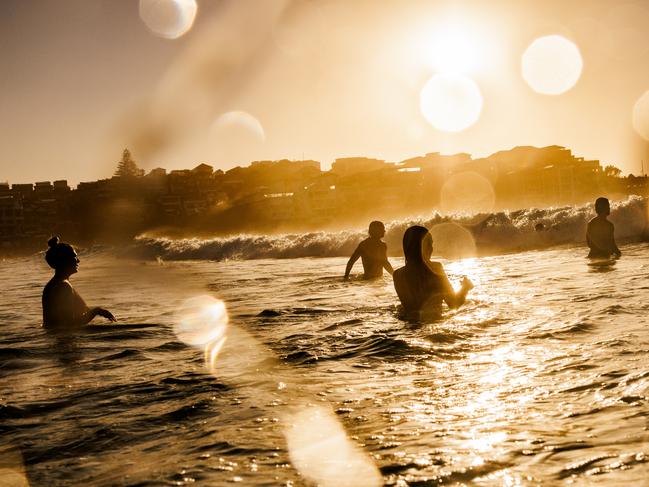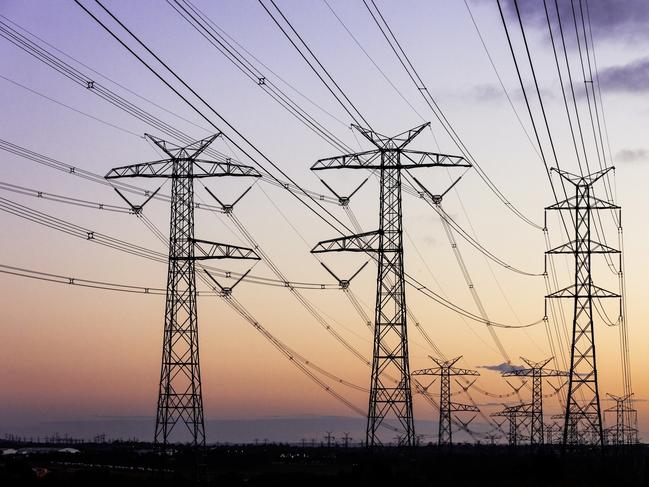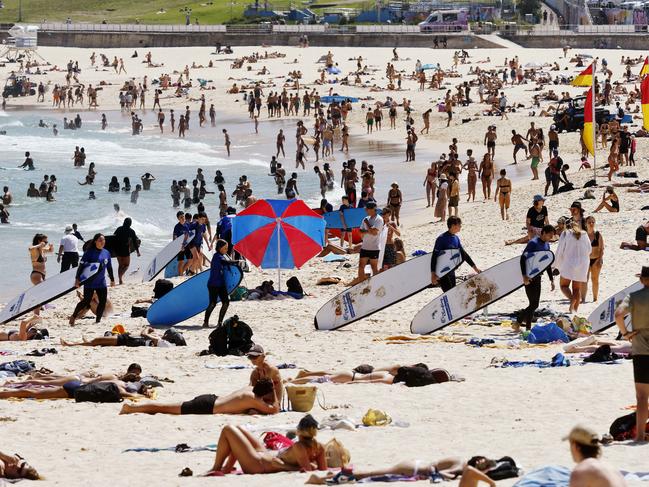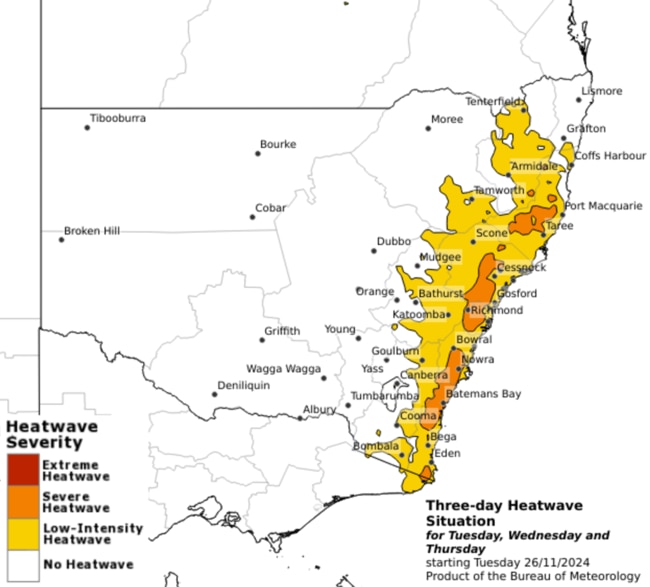Sydney narrowly avoids blackout ... for now
Sydney has avoided running out of power this evening after earlier in the day families were begged not to run appliances and government agencies were told not to increase air conditioning temperatures amid the searing heat and a potential energy meltdown between 3pm and 8pm.
NSW
Don't miss out on the headlines from NSW. Followed categories will be added to My News.
Sydney has narrowly avoided running out of power this evening but more troubles could emerge as soon as next week, the market operator has warned, after families were begged not to run appliances while government agencies were told not to increase air conditioning temperatures.
A statement from the Australian Energy Market Operator (AEMO) just after 6pm confirmed the availability of power on the grid had “significantly improved”, but hot weather next week could create similar conditions.
“Electricity reliability has significantly improved in NSW, with cooler weather easing demand,” the statement read.
“AEMO notes that some reserve issues are currently being forecast in NSW for the week ahead, and will continue to monitor and work closely with generation and transmission providers to manage appropriately.”
NSW Energy Minister Penny Sharpe confirmed the risk of the grid going dark had “significantly reduced”, thanking NSW residents, businesses and employees “who have taken steps to reduce demand on the system this evening.”

Earlier today it was reported that Sydney could run out of power from 3pm to 8pm as Penrith recorded a state-high temperature of 39.9 degrees at 2.49pm.
Families were asked to avoid running their dishwasher or washing machine when they got home from work to reduce demands on the energy grid, which could have insufficient supply due to four coal-fired power generators being offline for maintenance.
Government agencies were told to preserve energy by closing blinds and increasing air conditioning temperatures.
Staff at Sydney Children’s Hospital Network were asked to switch off unused computers, electrical equipment, power points and lights while also increasing air conditioner temperatures to 26C to help reduce power.
A memo issued to hospital workers today also requested windows be closed and blinds lowered with all computers to be switched off at the end of the day.

“In addition to these measures, staff are encouraged to stay hydrated while at work, especially if travelling to locations offsite, and to use appropriate sun protection if outside,” it said.
The edict was issued in response to the Minns government activating its energy-saving response protocol earlier today with bureaucrats across all departments urged to take measures to curb electricity use.
The Government Energy Action Response Protocol (GEAR) will remain in place until 8pm today.
Health Minister Ryan Park said the power-saving measures would have no impact on patient care.
“NSW hospitals and health services will not be affected by temporary reduction of non-essential electricity use,” he said.
The severe heatwave gripping greater Sydney and parts of NSW will ease on Thursday with thunderstorms and cloud cover predicted.
The mercury is set to drop to the low to mid 20s across the state on Friday and into the weekend.
“An upper-level low pressure system [will generate] cloud, rain and thunderstorm activity across the state,” Weatherzone meteorologist Ashleigh Madden said.
Rain is anticipated to follow on Friday and Saturday, lowering daytime temperatures to around 23°C, with overnight lows reaching 19C.
Until then, residents are being urged to take precautions against the heat, with authorities advising people to stay cool and avoid unnecessary exposure.


A burst of #heat will sweep across Australia’s southeastern states during the next 6 days, causing temperatures to soar in #Sydney, #Melbourne, #Adelaide, #Canberra and #Hobart. 🌡ï¸https://t.co/1eDHrSplsQ
— Weatherzone (@weatherzone) November 21, 2024
Do you have a story for The Daily Telegraph? Message 0481 056 618 or email tips@dailytelegraph.com.au
More Coverage
Originally published as Sydney narrowly avoids blackout ... for now




